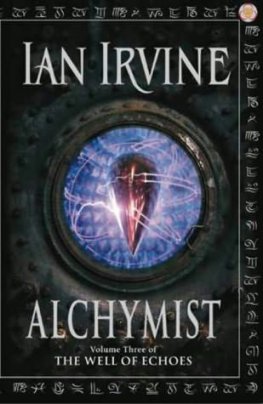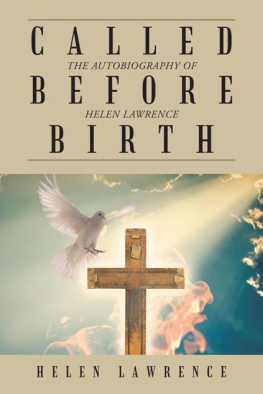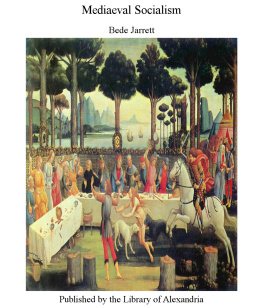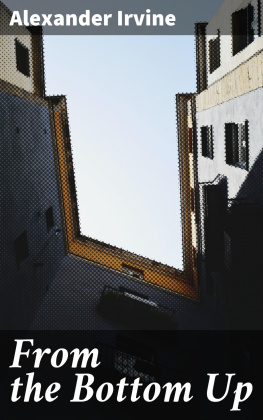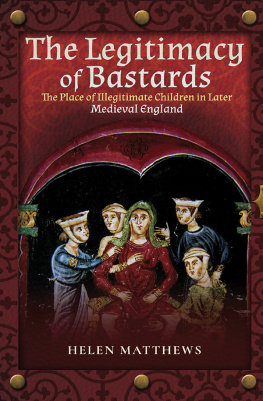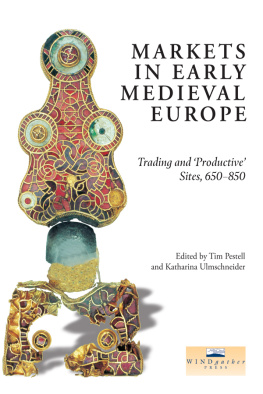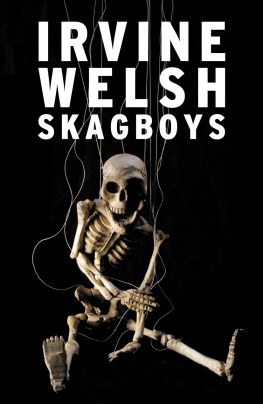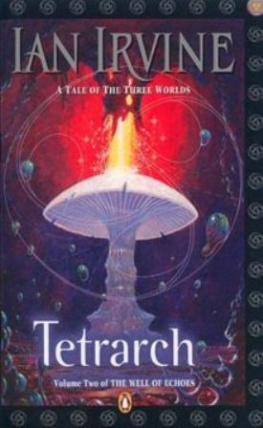INTRODUCTION
Table of Contents
Fairs and markets are not different institutionsa fair is a market of a particular kind, an important market held not once or several times a week, but once or several times a year. The customs, the rights, and the law of markets are therefore relevant to fairs; and generalisations as to markets apply to fairs.
There is no direct evidence as to the origin of markets and fairs in England. Early Oriental and classical literature indicate that they have served all peoples whose development has reached a certain stage. As communities cease to be entirely self-supporting trade arises naturally; and trade is obviously facilitated by a concentration in particular places at particular times of sellers and buyers. Certain of these gatherings had in the ninth century already been regularised in England as markets. The king or other lord had become responsible for the validity of sales in them, and suffered them to take place within the territory over which he had power. In return he received from the market people tolls, fines for transgressions, and other dues, which were a considerable source of profit, sufficient to make the tenancy of a market an object of desire. It was frequently acquired by a religious house.
It is noteworthy that the king was regarded as the original holder of all market right in England. The lord who had a market on his manor, whether in virtue of a royal charter or by force of a custom of which the beginning had been forgotten, was considered to exercise a right which initially had been derived from the king. In historic times the establishment of new markets has been, until recently, only possible by means of a royal grant.
ANGLO-SAXON MARKETS.
Table of Contents
873-99. Grant to the church of St. Peter, Worcester, of half the rights of Worcester Market.
To Almighty God, true Unity and holy Trinity in heaven, be praise and glory and rendering of thanks, for all his benefits bestowed upon us. Firstly for whose love and for St. Peter's and the church at Worcester, and at the request of Werfrith the bishop, their friend, Aethelraed the ealdorman, and Aethelflaed commanded the burh at Worcester to be built, and eke God's praise to be there upraised. And now they make known by this charter that of all the rights which appertain to their lordship, both in market and in street, within the byrg and without, they grant half to God and St. Peter and the lord of the church; that those who are in the place may be the better provided, that they may thereby in some sort easier aid the brotherhood, and that this remembrance may be the firmer kept in mind, in the place, as long as God's service is done within the minster. And Werfrith, the bishop, and his flock have appointed this service before the daily one, both during their lives and after, to sing at matins, vespers, and undernsong the psalm De Profundis, during their lives, and after their death Laudate Dominum; and a mass for them whether alive or dead. Aethelraed and Aethelflaed proclaim that they have thus granted with goodwill to God and St. Peter, under witness of Aelfred the king and all the witan in Mercia; as for wohcapung, and all the customs from which any fine may arise, let the lord of the church have half of it, for God's sake and St. Peter's, as it was arranged about the markets and the streets; and without the market-place let the bishop enjoy his rights, as of old our predecessors decreed and privileged. Aethelread and Aethelflaed did this by witness of Aelfred the king, and by witness of those witan of the Mercians whose names stand written hereafter, and in the name of God Almighty they abjure all their successors never to diminish these alms which they have granted to the church for God's love and St. Peter's.
Kemble, Codex Diplomaticus, No. 1075. Saxons in England, I. 328.
904. Grant by Edward of Wessex, son of King Alfred, to the church of Winchester of Taunton Market.
I Edward, who by divine and indulgent clemency am king of the Anglo-Saxons, consent of my magnates whose names are written below, grant for ever the market of the town of Taunton, which in English is called thaes tunes cyping, to the holy church of God in the city of Winchester, without limitation or impediment and with all easements.
Kemble, Codex Diplomaticus, No. 1084.
968. Confirmation of Edward's grant by Edgar.
Here is made known in this writing how King Edgar renewed the liberty of Taunton, for the Holy Trinity and St. Peter and St. Paul, to the episcopal see of Winchester, as King Edward had before freed it, ; and let the town's market and the produce of the town-dues go to the holy place, as they did before, in the days of my forefathers, and were levied for Bishop Aelfeah and every one of those who enjoyed the land. Whoever will increase this liberty, may God increase his prosperity in a long life here and in eternity. But if any, through audacity and the instigation of the devil and his limbs, will violate this liberty or pervert it to another, unless ere his departure hence he make reparation, be he with malediction cut off from the communion of our Lord and all his saints, and ever be tormented in hell torture, with Judas who was Christ's betrayer.
Thorpe, Diplomatarium Anglicium Aevi Saxonici, 235.
Circa 901-21. Law of Edward and Guthrum.
If any man engage in Sunday marketing, let him forfeit the chattel, and twelve ores among the Danes, and thirty shillings among the English.
Thorpe, Ancient Laws and Institutes, 73.
Circa 1020. Charter of Canute.
We admonish that men keep Sunday's festival with all their might, and observe it from Saturday's noon to Monday's dawning; and no man be so bold that he either go to market or seek any court on that holy day.
Stubbs, Select Charters, 76.
N.B.These latter enactments were chiefly distinguished by their breach, for throughout the middle ages English markets were frequently held on Sunday. They were probably abortive attempts on the part of pious legislators to end a custom which seemed to them ungodly.
EFFECT OF THE CONQUEST.
Table of Contents
In Domesday Book there is evidence of a considerable number of markets which had existed in England under Edward the Confessor, and which usually yielded to their holders an annual profit of from 20s. to 40s., in those days large sums of money. New markets were in some cases established by the Norman lords who acquired English lands, and they tended to disorganise the market economy.
1087. The ruin of the bishop's market at St. Germans.
The bishop has a lordship called St. Germans. In that lordship, on the day on which King Edward lived and died, there was a market held on Sunday. And now it is made nothing by the market set up close at hand by the count of Mortain in his castle, on the same day.
Exon. Domesday (Rec. Com.), 182, 470.
1087. Necessity to change the day of the market at Hoxne in Suffolk.
Ailmarus, the bishop, held Hoxne in the time of King Edward. In this manor there was a market in the time of King Edward and afterwards. William the king came, and the market was held on Sunday. And William Malet made his castle at Eye; and on the same day on which there was a market in the bishop's manor, William Malet made another market in his castle, and that so much to the detriment of the bishop's market that this was of little worth. Now therefore it is held on Friday, but the market of Eye still takes place on Sunday.




